Summertime Poetry Picks
S.B. Poet Laureate David Starkey Gives Us His Must-Read Collections
Whether you’re new to poetry or you’re a lifelong appreciator of the form, it’s worth reading the best of the best. Here are some highlights from the past few years-poems to savor this summer, whether on the beach at night alone, or sitting on some bank beside a river clear.
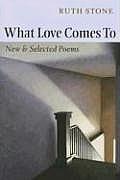
1) Ruth Stone’s What Love Comes To: New and Selected Poems: What Love Comes To was a finalist for the 2009 Pulitzer Prize in poetry, but to my mind is the best book of poetry published in 2008. Stone’s poems are concise and approachable, yet her imagery and figurative language are nearly always oddly arresting. Consider these four similes describing poetry: “Like comb jelly / like canned condensed air / like the full sac of the cobra / the bitter milk of the tongue.”
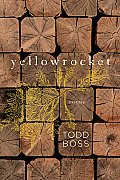
2) Todd Boss’s Yellowrocket: Formally speaking, Todd Boss’s most obvious poetic forebear is Gwendolyn Brooks. Like Brooks, he employs frequent yet irregular rhyming and heavy doses of alliteration and assonance, which result in poems that sing from line to line and are a real pleasure to read aloud. Like Billy Collins, Boss is a witty and accessible celebrant of everyday joys and “the lapidary / who cuts our days / like diamonds / from the carbon cold above.”
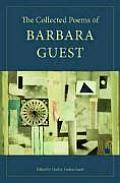
3) Barbara Guest’s Collected Poems: Frequently, the work of avant-garde poets seems designed to frustrate readers who attempt to decode it. Barbara Guest is certainly the most “difficult” of the poets reviewed here, yet even at her most enigmatic, she displays an eloquence grounded in real-world imagery. Case in point, this stanza from “Rocks on a Platter”: “Swimming off in the twilight / is the Dolphin, what occurs / absorbed in the skin.”
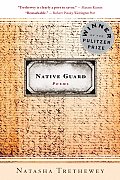
4) Natasha Tretheway’s Native Guard: This winner of 2007’s Pulitzer Prize is a haunting series of poems about the struggles of African Americans, which the dominant culture has tried to “render/mute.” The achingly powerful “Southern History,” in which the speaker recalls her high school teacher’s contention that slaves were better off under a master’s care, ends with the class watching Gone with the Wind: “On screen a slave stood big as life: big mouth / bucked eyes, our textbook’s grinning proof-a lie / my teacher guarded. Silent, so did I.”
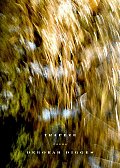
5) Deborah Digges’s Trapeze: Deborah Digges’s recent suicide will no doubt shadow her achievement as a writer, although it ought never to eclipse the force of her passionate, well-wrought lines. A final book of poems is promised later this year, but until then we have her most recent collection, the brilliant Trapeze, in which she appears, like the sparrows in “Winter Barn”: “forsaken / therefore free.”



